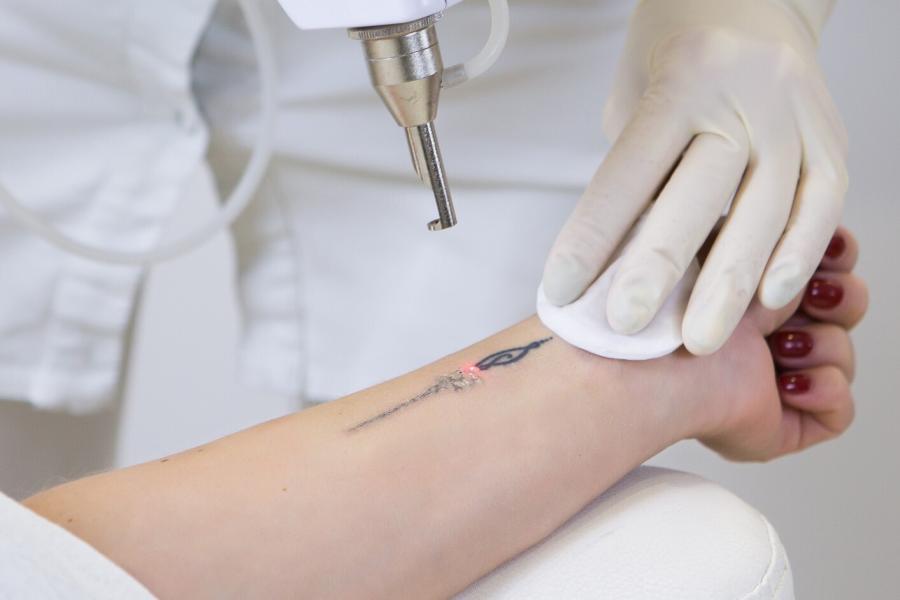Deciding to get a tattoo is a big deal – it is a piece of artwork that will be on your body for life, so you must choose the perfect tattoo artist, as well as ensure they are professional and can produce high-quality pieces of work. You should be aware of the health risks that can come with tattoos, from skin infections to allergic reactions, and ways you can avoid them. Read on to find out more.
How do tattoos work?
When we choose to get a tattoo, a lot of us base our decision on a certain design that we like – but have you ever wondered how tattoos work? When you’ve chosen your placement and design and it’s time to be tattooed, your artist will use a stencil to help place the ink into your skin. They do this with a tattoo gun – a machine that is designed to prick the top layer of your skin, and insert ink underneath, which then makes up the design. Of course, this is a permanent fixture on your skin, unless you opt for laser tattoo removal in the future. The process itself is usually harmless when carried out professionally but can be painful!
What are the risks?
When you get a tattoo, if you choose the right artist and the correct environment, you shouldn’t experience any side effects, however, this is not to say it is completely risk-free. There are a few things to consider before deciding if a tattoo is for you, such as:
- Allergic Reactions: Certain inks can cause allergic reactions in some of us – this can occur with colours like red, green, yellow, and blue. It’s not just a short-term problem, this can happen for years even after your tattoo is all healed!
- Skin Infections: A tattoo is essentially making small holes in your skin, so it is possible that if you don’t look after it properly, with the aftercare routine provided, you could become susceptible to infection.
- MRI Complications: If you need an MRI scan in the future, it is said that the ink within your skin can interfere with the image, so medical professionals may not be able to find what they are looking for.
Safety
Choosing to get a tattoo is a big decision – it is going to be with you for life, so it is worth choosing a reputable artist. You should do your research to find the best artist for you, look at their healed tattoo photos to see if they are high-quality. The more reputable and trustworthy your artist is, the more likely you are to have a healthy tattoo – if you choose a more affordable artist, who works from an environment you’re not comfortable with or does not look particularly hygienic, you may be putting your health at risk.
Some of the factors you should consider when deciding on an artist are whether they wear gloves when they’re tattooing, as this ensures they are clean and hygienic, you should also look at the type of equipment they use: does it look professional? All pigments should be sealed before use, as well as needles and trays. You should look for signs that the environment is sterile, for example, is it clean? Has the tattoo artist disinfected the area before beginning?
Aftercare
Once your tattoo is completed, it is up to you to manage your aftercare, so that you don’t end up with any infections or discomfort around the tattoo site. You should be sure to clean your tattoo and pat it dry, as well as apply moisturising lotion at least twice a day to help with healing. You should avoid swimming and open water, as well as avoiding contact with direct sunlight for a few weeks. Keeping up with aftercare means you’re more likely to avoid any nasty infections or complications.

